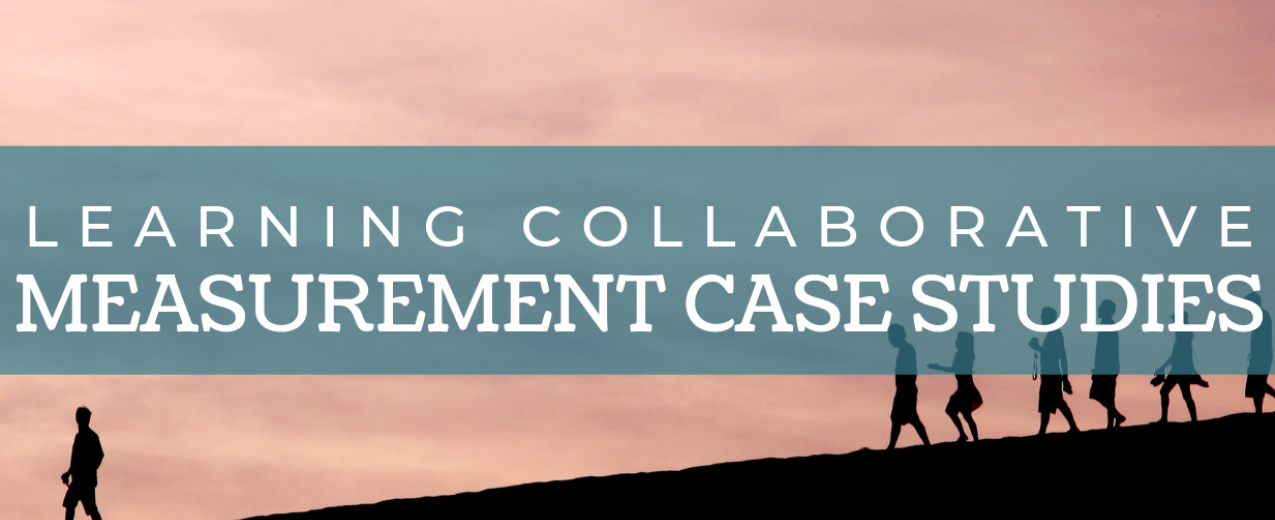
- Project summary
- 4 January 2021
More than Brides Alliance (MTBA)
- Author: Rebecca Justus
- Published by: Social Norms Learning Collaborative
Organizations involved
Save the Children Netherlands; Oxfam-Novib; Simavi; Population Council
Summary
The More than Brides Alliance (MTBA) is a holistic community-based program that works to empower young people to determine if and when to get married by making informed choices about their sexual, reproductive health and rights and pursuing alternative life paths in an enabling environment. MTBA works on multiple levels and across sectors to reduce CEFM and improve choices for adolescent girls. We work with girls clubs, in schools, with parents, health care providers, and the community-at large using large events and edutainment components to raise awareness about child marriage, make opportunities for alternatives to child marriage available to girls, and to work with key stakeholders to help support girls to express their voices about decisions affecting them. MTBA is active in India, Malawi, Mali, Niger, and Pakistan.
Social norms of interest
Gender-equitable attitudes; ideal age at marriage; role of women and girls; education expectations for girls; parental preferences for timing of girls marriage.
Behaviors of interest
Age at marriage; Grade attainment; Ever worked; Pregnancy
Project components
Work with girls clubs and in schools; work with parents, health care providers, and the community-at large using large events and edutainment components.
Social norms measurement
From baseline, midline, and endline surveys with adolescent girls, we use aggregate measures of attitudes towards marriage, ideal age at marriage, gender-equitable attitudes scales, and aspirations for education to measure how norms may change over the course of the project. In qualitative work, we work with girls (focus group discussions, in-depth interviews), parents (FGDs), and key individuals (IDIs) in the community to understand the normative context in which decisions about marriage are made. In some communities we also use journaling about community observations to understand how child marriage is perceived.
Key findings to date
In terms of impact, the MTBA program has shown improvement on knowledge indicators but not decline in marriage (as measured at midline); rather marriage declined across intervention and comparison areas. Endline surveys are planned in late 2020. In qualitative work we have found: in Malawi, pregnancy drives child marriage and the legal context may encourage hiding of marriages; in Niger, girls feel that they have choice in marriage even in a context where child marriage is common; in Mali, that marriage often drives adolescent migration; and in Pakistan, despite strong social norms in favour of child marriage, the experience of positive deviants suggests some room for change.
Attribution statement
For more information, see morethanbrides.org and:
Melnikas, A. J., Saul, G., Singh, S., Mkandawire, J., Gueye, M., Diarra, A., Amin, S. (2019) 'More than Brides Alliance: Midline Evaluation Report.' New York: Population Council.
Engebretsen, S., Gueye, M., Melnikas, A. J., Fofana, S., Fané, B., Amin, S. (2020) 'Adolescent girls’ migration and its impact on early marriage: Qualitative findings in Mali'. PLoS ONE 15(3): e0230370. https://doi.org/10.1371/journal.pone.0230370
Melo, V. (2020) 'Influences, Considerations, and Attitudes Helping Transform Social Norms Around Child Marriage in Selected Districts in Punjab and Sindh, Pakistan'. Oxfam-Novib.
Saul, G., Diarra, A., Melnikas, A. J., Amin, A. (Forthcoming ) 'Voice Without Choice?: Investigating Adolescent Girls’ Agency in Marital Decision-Making in Niger.' Forthcoming in Progress in Development Studies.
Melnikas, A. J., Mulauzi, N., Mkandawire, J., Amin, S. A. (forthcoming) 'Perceptions of minimum age at marriage laws and their enforcement: Qualitative evidence from Malawi' (under review).

Back to the "Map of social norms-focused interventions and research"
- Data collection methods:
- Focus group, Interview, Survey, Vignettes